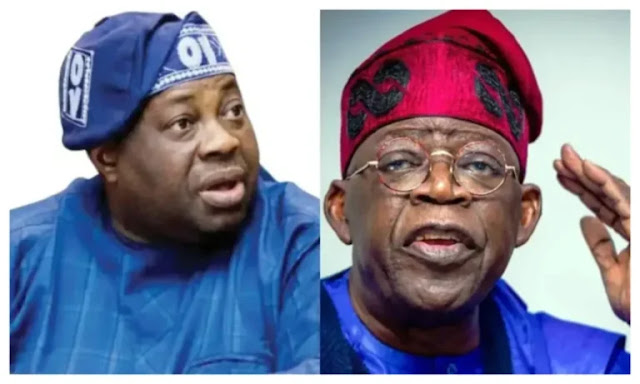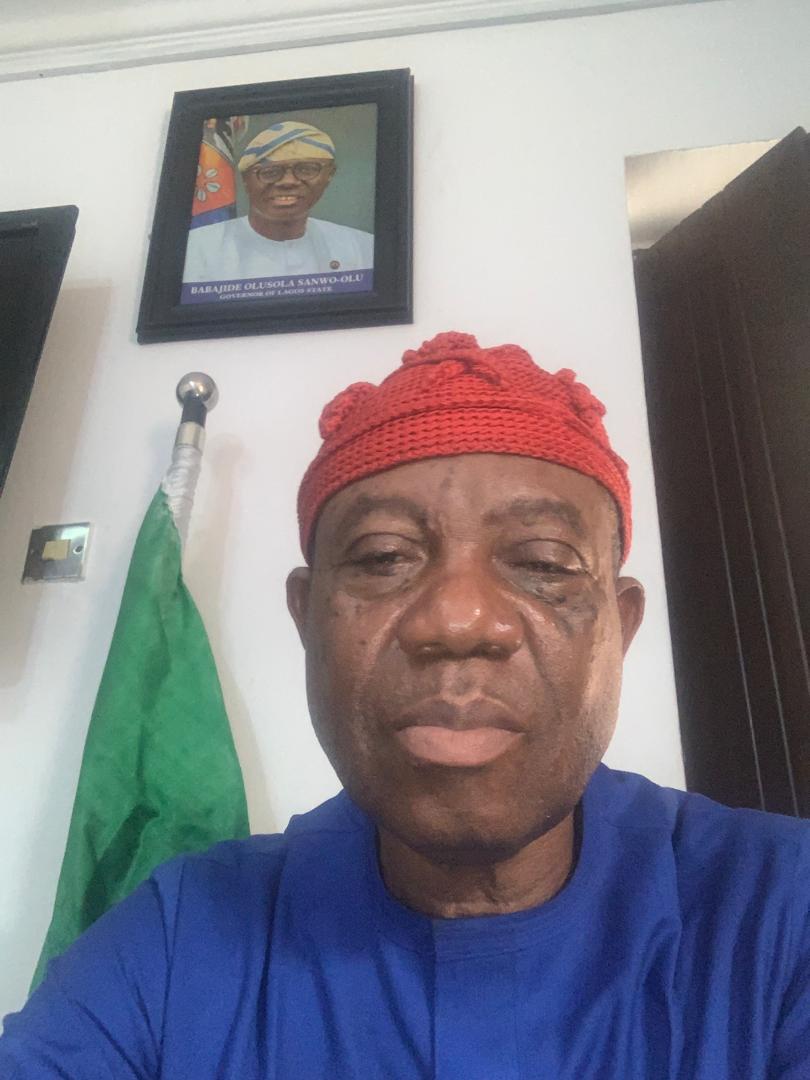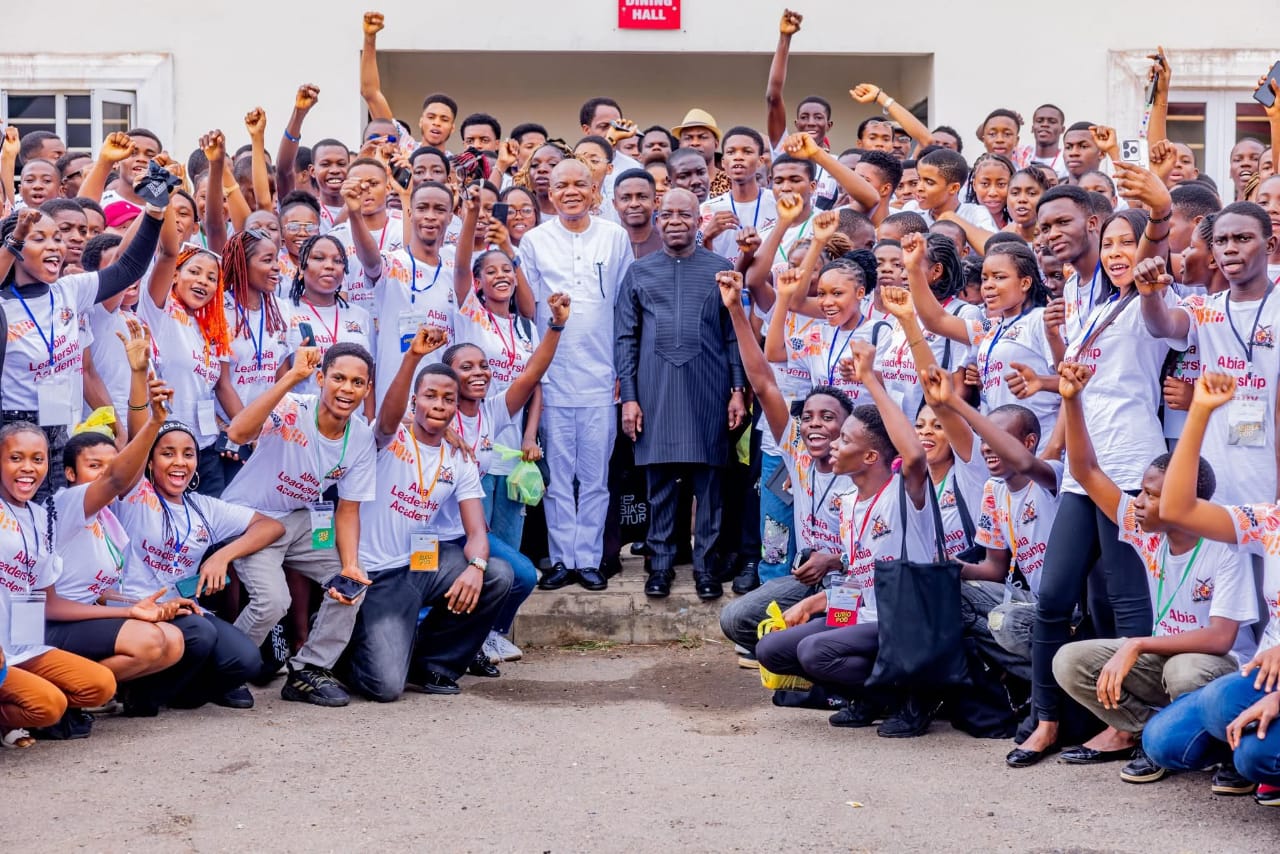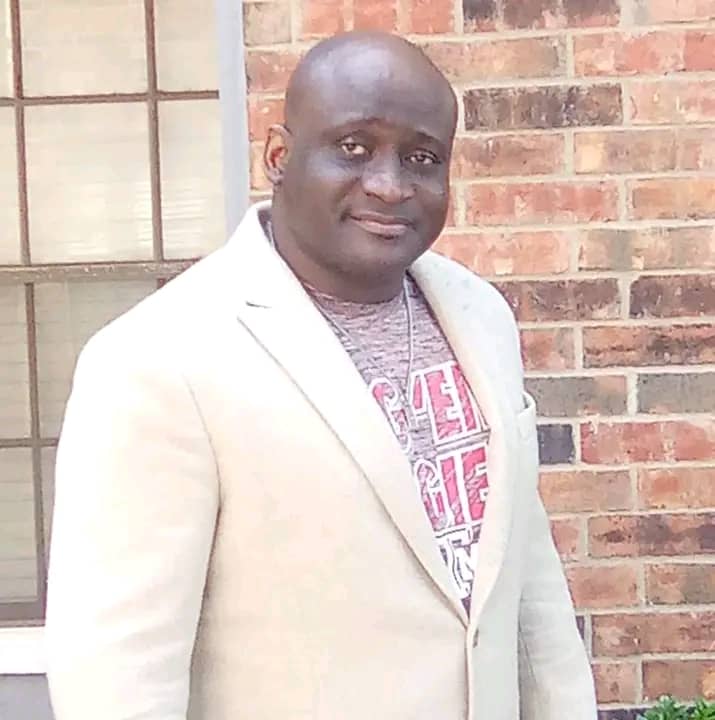Aare Dele Momodu, a prominent Nigerian media mogul, publisher of Ovation magazine, and chieftain of the People’s Democratic Party (PDP), has ignited a fresh wave of political discourse with his recent comments on Nigeria’s presidency and the contentious issue of zoning. In a post on X on Thursday, August 28, 2025, Momodu called on President Bola Ahmed Tinubu to peacefully vacate office if he loses the 2027 presidential election, emphasizing the importance of respecting the democratic will of Nigerians. His remarks, which also addressed the long-standing debate over power rotation between Nigeria’s northern and southern regions, have reignited discussions about fairness, equity, and the future of the country’s political system as the nation prepares for the next electoral cycle.
Momodu’s comments come at a pivotal moment in Nigeria’s democratic journey, as political parties, candidates, and citizens begin to strategize ahead of the 2027 general elections. The issue of zoning—the informal practice of rotating key political offices, particularly the presidency, between the North and South—has long been a polarizing topic in Nigerian politics. Momodu’s intervention, delivered through the influential platform of X, has not only amplified the zoning debate but also raised critical questions about the integrity of Nigeria’s electoral process and the role of leadership in upholding democratic principles.
Debunking the Zoning Narrative: Momodu’s Perspective
In his X post, Momodu categorically dismissed claims that the PDP had strictly zoned the presidency to the North following the death of former President Umaru Musa Yar’Adua in 2010. Yar’Adua, a northerner, died three years into his presidency, paving the way for his southern vice president, Goodluck Jonathan, to assume office. According to Momodu, the PDP did not insist on power remaining in the North after Yar’Adua’s death, challenging the narrative that the party adhered to a rigid zoning formula.
“There was never a zoning. Yar’Adua died but PDP never insisted on power remaining in the North. Jonathan could have governed for a total of nine years if he defeated Buhari in 2015,” Momodu wrote. His statement refers to the fact that Jonathan, who served as president from 2010 to 2015, had the opportunity to contest and potentially extend his tenure had he won the 2015 election against Muhammadu Buhari. Momodu’s argument suggests that the PDP’s approach to zoning has historically been flexible, driven by political expediency rather than strict adherence to regional power-sharing agreements.
This perspective challenges the popular belief that zoning is an inviolable principle in Nigerian politics. While zoning has been a guiding framework for both the PDP and the All Progressives Congress (APC) since Nigeria’s return to democracy in 1999, its implementation has often been subject to negotiation, party strategy, and the prevailing political climate. Momodu’s remarks highlight the fluidity of zoning arrangements, particularly within the PDP, and underscore the need for a more nuanced understanding of how power rotation operates in practice.
The North-South Power Balance: A Historical Overview
To bolster his argument, Momodu provided a historical analysis of presidential tenures since 1999, arguing that the South has dominated Nigeria’s presidency over the past two and a half decades. He cited the eight-year tenure of former President Olusegun Obasanjo (1999–2007), a southerner from Ogun State; the five-year presidency of Goodluck Jonathan (2010–2015), a southerner from Bayelsa State; and the projected four-year term of President Bola Tinubu (2023–2027), a southerner from Lagos State. By 2027, Momodu noted, the South would have held the presidency for a combined total of 17 years.
In contrast, the North, within the same period, would have produced presidents for only 11 years: Umaru Musa Yar’Adua (2007–2010) for three years and Muhammadu Buhari (2015–2023) for eight years. This disparity, Momodu argued, undermines the notion that the North has been unfairly advantaged in Nigeria’s power-sharing arrangement. His analysis seeks to shift the narrative away from claims that the North is owed additional years in the presidency to balance the scales.
Momodu’s calculations, while factually accurate, have sparked debate about the broader implications of power rotation. Critics argue that the focus on years in office oversimplifies the zoning debate, which is rooted in deeper issues of regional representation, ethnic diversity, and political inclusion. Nigeria’s complex federal structure, with 36 states and over 250 ethnic groups, makes the equitable distribution of power a perennial challenge. The zoning principle, while not enshrined in the constitution, emerged as a political convention to address these tensions and ensure that no region feels marginalized.
The 2027 Elections: A Test of Democratic Integrity
At the heart of Momodu’s statement is a call for President Tinubu to respect the outcome of the 2027 presidential election, whether he emerges victorious or not. “If Tinubu wins fair and square in 2027, so be it, and if opposition beats him black and blue, he should please go back home, in peace,” Momodu wrote. This remark underscores the importance of upholding democratic principles, particularly in a country with a history of contentious elections and allegations of electoral malpractice.
Nigeria’s democratic journey since 1999 has been marked by significant milestones, including the historic transfer of power from one political party to another in 2015, when Buhari defeated Jonathan. However, the electoral process has also been plagued by challenges, including voter suppression, result manipulation, and violence. The 2023 elections, which brought Tinubu to power, were particularly controversial, with opposition candidates, including the PDP’s Atiku Abubakar, alleging widespread irregularities. The low voter turnout in 2023—approximately 26.7% of registered voters—further highlighted the growing apathy among Nigerians, driven by distrust in the electoral system.
Momodu’s call for Tinubu to “go back home, in peace” if defeated reflects a broader concern about the peaceful transfer of power, a cornerstone of democratic governance. In Nigeria, where political transitions have sometimes been marred by violence or legal disputes, ensuring that leaders respect electoral outcomes is critical to sustaining democracy. Momodu’s statement serves as both a reminder to Tinubu and a challenge to all political actors to prioritize the will of the people.
Social Media and the Zoning Debate
Momodu’s decision to air his views on X, a platform known for its role in shaping public discourse, amplified the reach and impact of his message. Within hours of his post, the comments section became a battleground for competing perspectives on zoning and power rotation. Some users supported Momodu’s assertion that the South has dominated the presidency, while others pointed out that the PDP zoned its presidential ticket to the North in 2019, when Atiku Abubakar emerged as the party’s candidate.
Critics of Momodu’s position argued that the PDP’s decision to field a northern candidate in 2019 was evidence of a deliberate zoning strategy, contradicting his claim that “there was never a zoning.” They noted that the party’s choice of Atiku, a northerner from Adamawa State, was influenced by the belief that the North deserved another opportunity to produce the president after Jonathan’s tenure. However, others countered that zoning decisions are often shaped by pragmatic considerations, such as a candidate’s electability or party dynamics, rather than strict adherence to regional quotas.
The debate on X reflects the broader polarization surrounding zoning in Nigerian politics. For many Nigerians, the issue is not just about regional representation but also about fairness, equity, and the need to address historical imbalances. The North-South divide, often framed in terms of political power, economic resources, and cultural identity, remains a fault line in Nigeria’s democracy. Momodu’s comments have brought these tensions to the forefront, prompting a broader conversation about how power should be distributed in a diverse and complex nation.
Zoning and Power Rotation: A Polarizing Question
The issue of zoning and power rotation has been a defining feature of Nigerian politics since the return to democracy in 1999. The principle emerged as a way to manage Nigeria’s ethnic and regional diversity, ensuring that no single region dominates the presidency to the exclusion of others. Both the PDP and the APC have adopted zoning as a guiding framework, with the PDP formalizing it in its constitution and the APC applying it informally through party agreements.
However, the implementation of zoning has often been inconsistent, leading to accusations of opportunism and betrayal. For example, after Yar’Adua’s death in 2010, the PDP’s decision to allow Jonathan to contest the 2011 election was seen by some northern leaders as a violation of the party’s zoning arrangement, which had designated the presidency for the North. This controversy fueled tensions within the party and contributed to the defection of several northern politicians to the APC ahead of the 2015 elections.
Similarly, the APC’s decision to field Tinubu, a southerner, in 2023 was criticized by some northern stakeholders who argued that the North should have retained the presidency after Buhari’s eight-year tenure. These debates highlight the challenges of balancing regional interests with the principles of meritocracy and electoral competition. While zoning aims to promote inclusivity, it can also exacerbate regional rivalries and undermine the democratic principle of free and fair elections.
Momodu’s intervention adds a new layer to this debate, challenging the narrative that the North is entitled to the presidency in 2027. By emphasizing the South’s longer cumulative tenure, he seeks to reframe the conversation around fairness and electoral merit rather than rigid regional quotas. However, his remarks also underscore the need for a broader consensus on how zoning should be applied in a way that strengthens, rather than undermines, Nigeria’s democracy.
The Road to 2027: Challenges and Opportunities
As Nigeria edges closer to the 2027 presidential contest, the issues raised by Momodu—zoning, electoral integrity, and the peaceful transfer of power—will likely dominate the political discourse. The 2023 elections exposed deep-seated flaws in Nigeria’s electoral system, including logistical failures, allegations of result manipulation, and a lack of transparency. These challenges, coupled with growing voter apathy, pose a significant threat to the credibility of future elections.
For the PDP, APC, and other political parties, the question of zoning will be a critical factor in shaping their strategies for 2027. The PDP, in particular, faces the challenge of balancing regional interests with the need to field a strong and electable candidate. The party’s decision to zone its ticket to the North in 2019, followed by its choice of a northern candidate in 2023, suggests that zoning remains a key consideration. However, Momodu’s comments indicate that the party may adopt a more flexible approach in 2027, prioritizing competitiveness over regional quotas.
For President Tinubu and the APC, the 2027 elections will be a test of their ability to deliver on campaign promises and restore public confidence in the democratic process. Tinubu’s administration has faced criticism over economic challenges, security issues, and governance concerns, all of which could impact his re-election prospects. Momodu’s call for Tinubu to respect the electoral outcome underscores the importance of leadership in setting a precedent for democratic accountability.
Beyond party politics, the broader challenge for Nigeria is to strengthen its democratic institutions and ensure that elections are free, fair, and credible. Reforms to the Independent National Electoral Commission (INEC), such as those proposed by former Vice President Atiku Abubakar, could play a critical role in addressing these issues. By implementing measures such as mandatory electronic transmission of results and greater transparency in the appointment of electoral officials, Nigeria can enhance the integrity of its electoral process and reduce the controversies that have marred past elections.
Conclusion: A Call for Democratic Renewal
Dele Momodu’s remarks on X have sparked a vital conversation about the future of Nigeria’s democracy. By challenging the narrative around zoning and urging President Tinubu to respect the outcome of the 2027 election, Momodu has highlighted the need for a renewed commitment to democratic principles. His analysis of the North-South power balance, while contentious, underscores the importance of fairness and inclusivity in Nigeria’s political system.
As the 2027 elections approach, Nigeria stands at a crossroads. The choices made by political leaders, parties, and citizens in the coming years will determine whether the country can overcome its democratic challenges and build a system that truly reflects the will of the people. Momodu’s call for a peaceful transfer of power, coupled with his critique of rigid zoning arrangements, serves as a reminder that democracy thrives on accountability, transparency, and respect for the rule of law.
For Nigeria to realize its democratic potential, all stakeholders—government, political parties, civil society, and citizens—must work together to address the systemic flaws in the electoral process and promote a culture of political inclusivity. By doing so, Nigeria can ensure that the 2027 elections mark a turning point in its democratic journey, paving the way for a more equitable and prosperous future.







